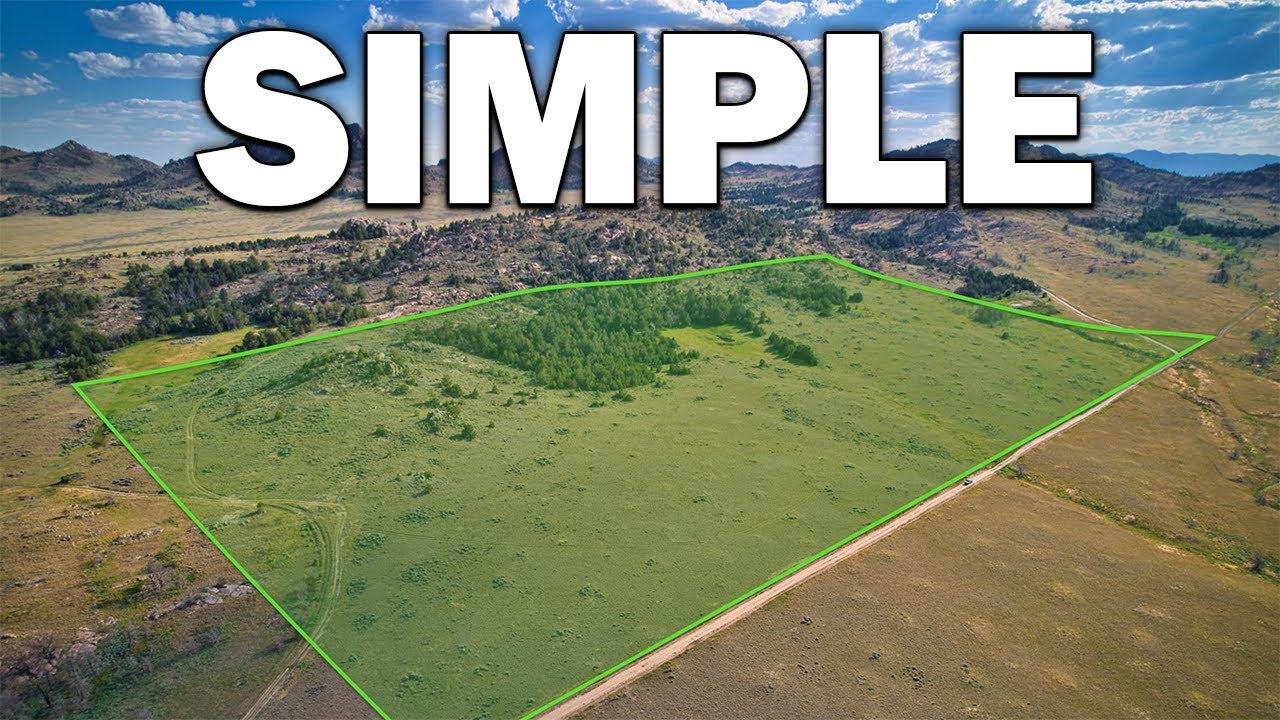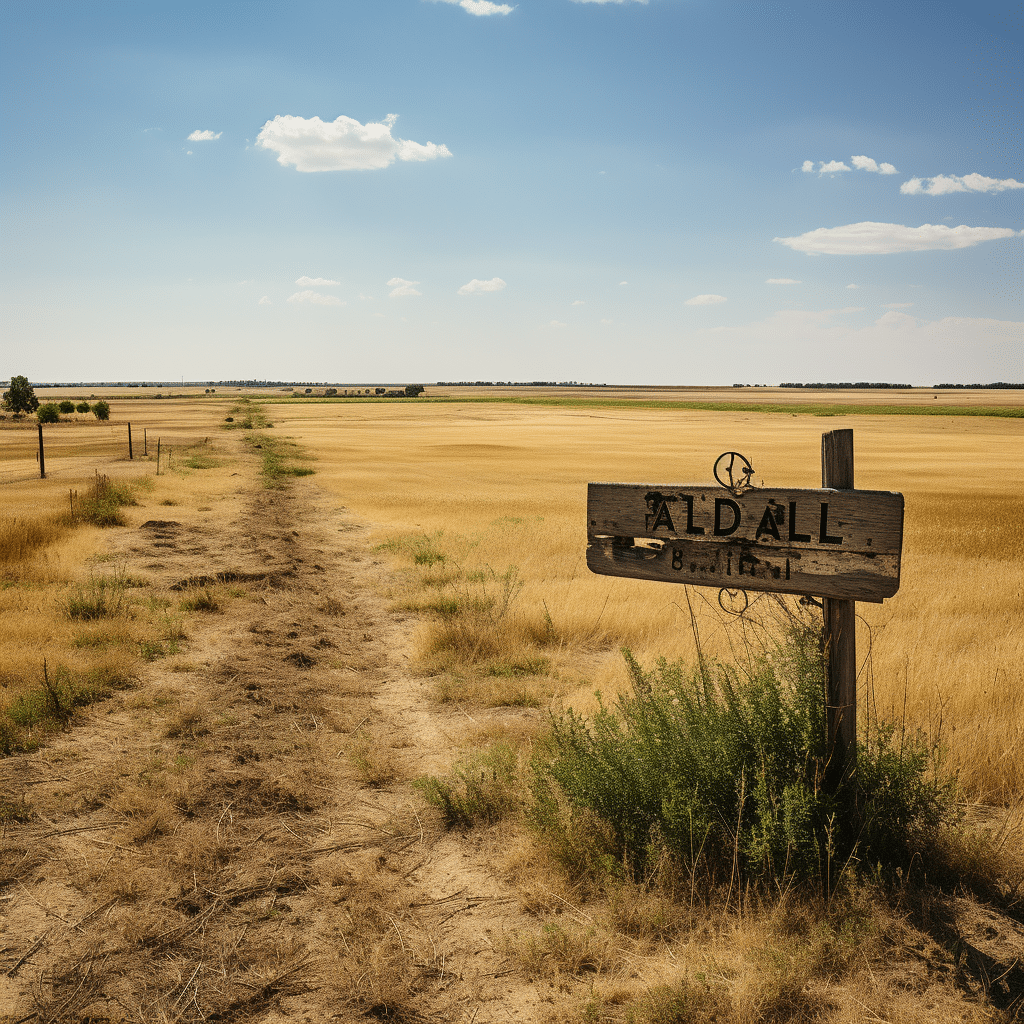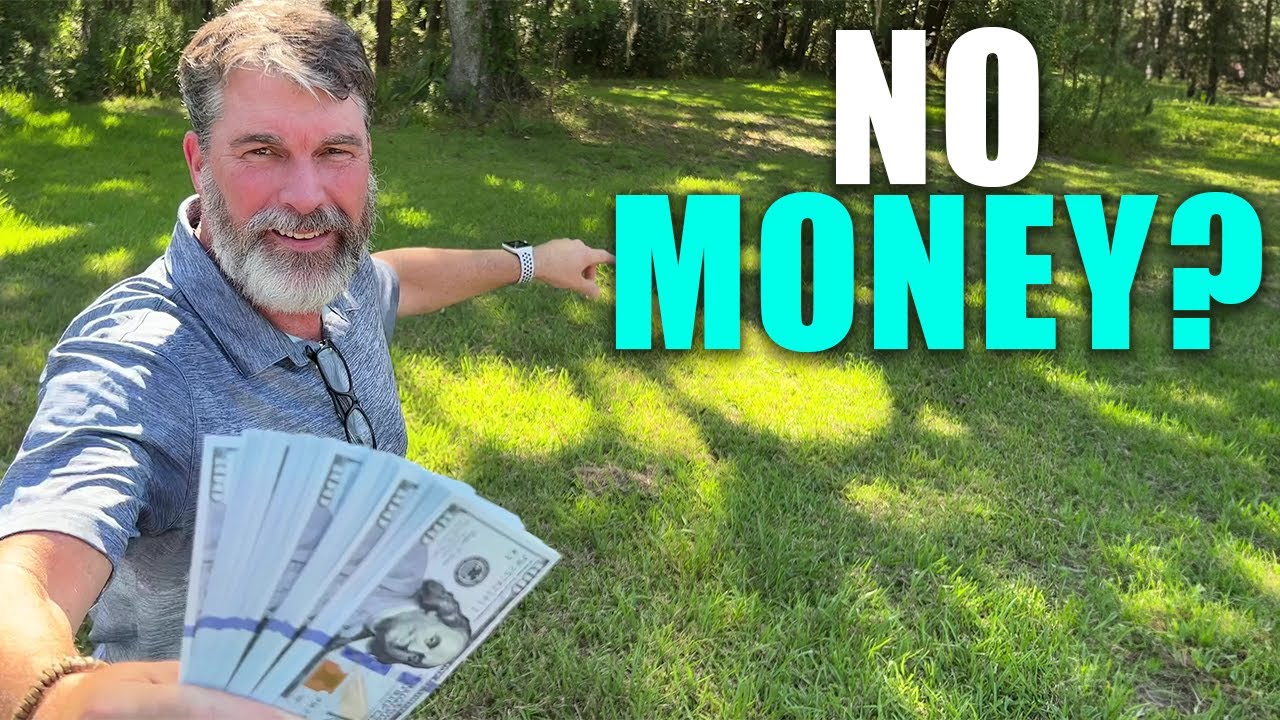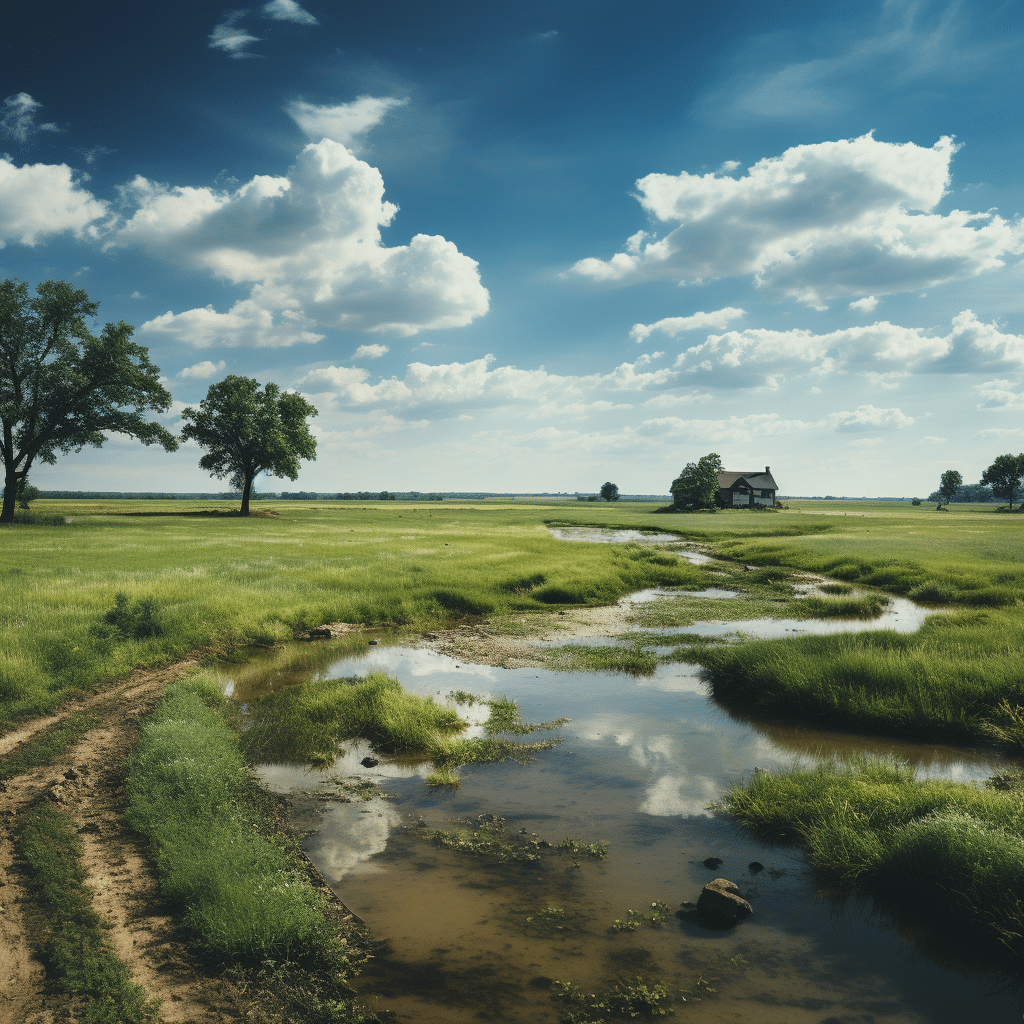Land is a fantastic investment opportunity. As Robert Kiyosaki wisely insists, “Don’t wait to buy real estate, buy real estate and wait.” But how does one go about understanding the complex game of land acquisition? This article will offer you a clear roadmap on how to buy land in the peculiar landscape that is the US property market.
Navigating the Complexities: How to Buy Land Successfully in the US Market
Understanding the various types of land you can purchase is the first step on this journey. We’re on familiar ground now, and here’s a straightforward rundown:
Understanding the Basics: Types of Land to Consider when Purchasing

Crafting a Solid Financial Plan: How to Buy Land with No Money
Money doesn’t grow on trees, you may say. But guess what? Sometimes, you don’t need a penny. Oh, don’t fall off your chair just yet. Here’s an explanation:
Exploring Viable Financing Options

| Steps to Buy Land | Details |
|---|---|
| Step 1: Understand Your Goals | Determine why you are buying the land, be it for building a home or as an investment. |
| Step 2: Budget | Since you may need to pay cash due to lenders considering vacant land as riskier, budget not only for the land but also possible future expenses like property taxes and utility installation. |
| Step 3: Down Payment | Save enough for a down payment of at least 5-10% for your building loan if you want to build a house. A 20% down payment is more preferred as it can save you from paying private mortgage insurance (PMI). |
| Step 4: Location Specific Costs | Understand the market price of the location you are interested in. For instance, the average price per acre of rural land in Texas was more than $4,000 per acre in 2023. In Georgia, the pricing ranges from $4,000 to $8,000 per acre. |
| Step 5: Be Aware of Zoning Regulations | Check zoning regulations of the area as some states have strict rules which may limit what you can do with your land. For example, Georgia has strict zoning laws. |
| Step 6: Land Inspection | Get the land surveyed and inspected for any environmental issues or legal disputes that might affect your ownership or use. |
| Step 7: Finalize the Purchase | Once you are satisfied with all the checks, finalize the deal with the landowner, preferably paying in cash. |
Unraveling the Intricacies: Can Foreigners Buy Property in USA?
Do you hail from foreign shores and wonder, “Can foreigners buy property in the USA?” The simple answer is: Absolutely! But let’s dive into this:
Legal Framework for Overseas Investors

Shrewd Prospects: The Lure of Cheap Florida Land
When it comes to investing, Florida land is actually cheaper than you might think, making it a tempting option. But there’s more to consider than the price tag:
Property Considerations in the Sunshine State

Tallying Your Budget: How Much Does It Cost to Get Utilities on Land?
Like any good relative, utilities are something you often forget but can’t live without. And, they can sometimes be quite a drain on your wallet.
Breaking Down Utility Costs

Finalizing the Acquisition: A Process Guide to Buying Land
Alright, folks! We’re about to cross the finish line. Let’s bring this home. Here’s the process:

Plotting Towards Your Future: Mastering the Art of Land Purchase
Ultimately, as Suze Orman says, “The goal is to make your money work for you… not the other way around.” So, how to buy land successfully? Blending financial vigilance with smart strategies creates a formula that even Kiyosaki and Orman would nod in approval at. Remember, in land purchase, time, patience, and a lot of ground work are your best allies.
This adventure is one filled with a variety of features like zoning laws, redevelopers, sellers, and loans. So go ahead, carpe terra – seize the land! This guide to buying land has been fashioned with neural network technology that brings in human-like comprehension to deliver insights for a bright property-owning future.
What is the smartest way to buy land?
Ah, you’re thinking of buying a plot of land, eh? Smart move. But remember, location and zoning laws are king here. Research, research, and then research some more. Be clear about the kind of land you want, its zoning, accessibility, and proximity to essential amenities.
How much money should you save before buying land?
Before you dive headfirst into land buying, you better stash some serious cash. As a rule of thumb, having about 20% to 50% of the total cost of the land as savings. It’s a solid starting point; this can cover down payments, required surveys, and potential development costs.
How much is it to buy land in Texas?
If you’ve got the Lone Star State in your sights, land prices can vary wildly. On average, buying land in Texas can range from $1,000 to $8,600 per acre, but this can skyrocket for more desirable areas. You know what they say, everything’s bigger in Texas, including the price tag!
How much is it to buy land in Georgia?
Fancy owning a piece of Peach State paradise, do you? Well, it could set you back around $3,350 to $15,000 per acre. Keep in mind, these are averages, high-demand areas may command higher prices.
What is the downside of owning a lot of land?
Hold your horses! All that land may look lovely but it’s not without its downsides. With more land, comes more responsibility. Maintenance, property taxes, insurance, all that jazz. More land, more problems, eh?
Is land better than cash?
Land vs. cash, now there’s a conundrum. While cash is liquid and instant, land is a tangible asset that can appreciate over time. But let’s face it, you can’t exactly pay for your groceries with an acre of land, can you?
What is the 80 20 rule for land value?
That old 80/20 rule you heard? Well, it basically means that 80% of a property’s value is derived from its land and the remaining 20% from the build. Basically, where your land is, matters more than what’s on it. Location, location, location.
How do I start saving to buy land?
If you’re going to start saving to buy land, it’s as easy as pie. Create a clear financial plan, set your goals, and regularly set aside a portion of your income. Keep in mind; slow and steady always wins the race.
Is buying land a good way to make money?
Do you hear that? That’s the sound of potential profits calling. Buying land can indeed be a profitable venture, especially if the land appreciates or is developed profitably. But, it ain’t a surefire guarantee, scouting knowledge, and patience are key.
Are land prices going down in Texas?
Texas land dropping in price? Surely, you jest! As per recent reports, land prices in Texas have actually been heading north, driven by high demand. Remember, in the world of real estate, it’s never a one-size-fits-all scenario.
What is the minimum down payment for land in Texas?
Typically, you’re looking at a down payment of around 20% to 50% of the land’s total cost in Texas. But honestly, it depends on your lender and your creditworthiness.
Why is land in Texas so cheap?
Why so cheap, Texas? It’s mainly about supply and demand, my friend. On top of that, Texas also has diverse terrain, allowing for a wider and reasonably priced range of land offerings.
Which state has the cheapest land?
Looking for the cheapest land? Look no further than Wyoming! The wild winds of Wyoming hold the crown for the cheapest land in all of the U.S.
What does 1 acre of land look like?
Wondering about the size of an acre? Picture this; an acre is about the size of a football field, minus the end zones. Enough space to lose yourself in, huh?
Where is land cheapest in the US?
If you’re hunting for the cheapest land, check out states like Wyoming, New Mexico, and Nevada. But remember, cheap doesn’t always mean value. Do your homework!
What is the best type of land to invest in?
Investing in land? Smart cookie! Generally, commercial and residential zoned lands offer the best return on investment. But, again, always remember that every piece of land is different, just like every investor.
Is it smart to buy land first?
Buy land first, you say? It can indeed be a shrewd move, allowing you to pay off the land before taking on a hefty construction loan. But hey, everyone’s needs are different!
Is it smarter to buy land or a house?
Land or house, that’s the million-dollar question. While buying a house offers immediate utility, purchasing land gives you room for customization. It’s really a question of what suits your needs and financial situation best.
Is buying land a good way to make money?
Investing in land to make money, why not? But be warned, it’s not a quick turnaround. Land value can appreciate significantly over time, and profit can also be gained by developing the land. But remember, there are no guarantees in real estate. Invest wisely!


